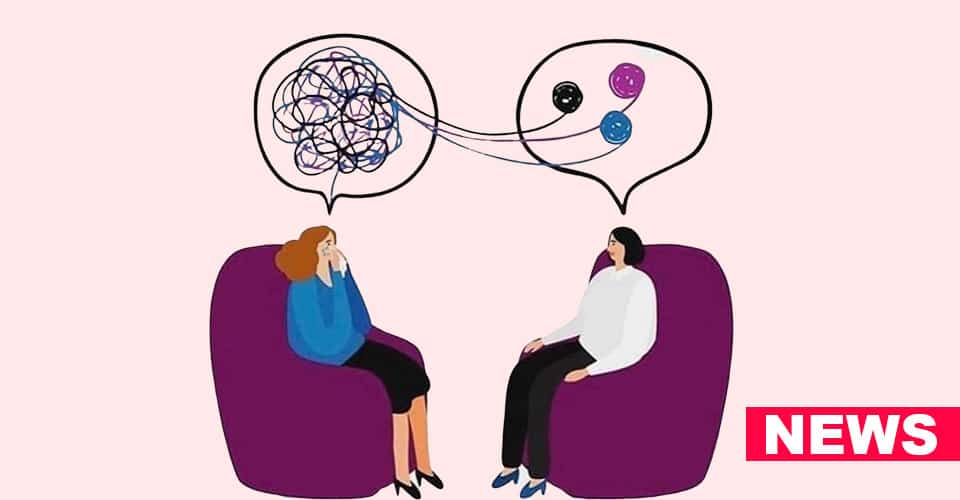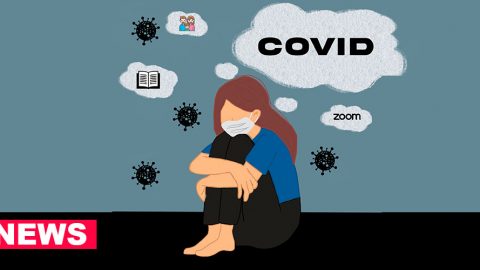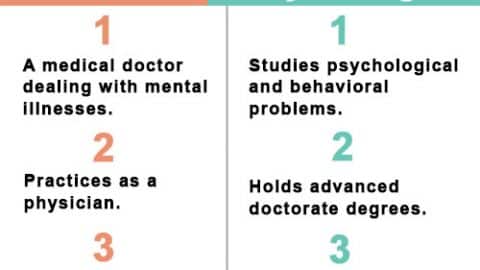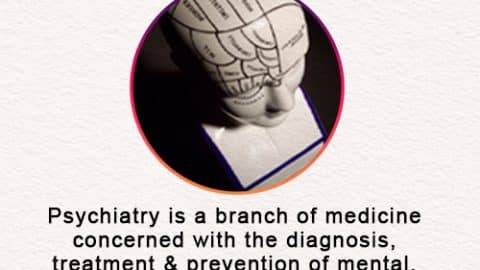In today’s digital age, smartphone addiction has become a growing concern. As per recent statistics, individuals spend an average of 7 hours per day on screens connected to the internet.
A significant portion of this screen time, approximately 3 hours and 15 minutes, is dedicated to smartphones. Shockingly, smartphones are checked an average of 58 times every day. This behavior highlights the addictive nature of these devices, as half of all screen time sessions begin within 3 minutes of the last.
Smartphone addiction can be seen as a form of addiction, characterized by the involvement of the brain’s reward, motivation, memory, and related circuitry. When we pick up our phones, we are instantly rewarded. This reward comes in various forms, including the release of dopamine, the satisfaction of validation, the relief from boredom, or simply the enjoyment of light entertainment.
The pleasurable sensation we experience reinforces this behavior, making us reach for our phones repeatedly. This cycle continues even after we realize the associated costs, which can range from changes in cognitive ability to problems with social and emotional skills, difficulty sleeping, and mental laziness.
Recognizing the severity of smartphone addiction, many individuals are seeking solutions to break free from this digital tether. One approach to overcoming this addiction is self-awareness, which involves understanding the triggers that prompt us to use our phones.
Self-awareness is the first crucial step in addressing smartphone addiction. To begin, it’s essential to identify when and why you tend to reach for your phone. What activities, people, or emotional states trigger this behavior? Without judgment, take time to acknowledge and understand these triggers.
Is it a response to boredom, irritation, the need for validation, or merely a habitual reflex? By delving into the reasons behind your screen time, you can uncover valuable insights into your behavior and its underlying motivations.
ChatGPT: Your Digital Ally to Overcome Smartphone Addiction
Overcoming smartphone addiction effectively involves creating a personalized plan to address these triggers. To assist individuals in this journey, the innovative use of artificial intelligence can be a game-changer. ChatGPT, a powerful AI language model, can become a valuable tool in helping individuals develop a plan to break free from smartphone addiction.
Here’s how ChatGPT can play a pivotal role in your journey to conquer smartphone addiction:
- Personalized Insights: ChatGPT can engage in insightful conversations with users, helping them identify their specific triggers and patterns of smartphone use. By analyzing individual experiences and providing personalized feedback, ChatGPT can offer tailored recommendations to combat addiction effectively.
- Behavioral Modification Strategies: Based on the user’s input, ChatGPT can suggest a variety of strategies to address smartphone addiction. This may include setting usage limits, adopting healthy alternatives, or gradually reducing screen time. ChatGPT can also help users set achievable goals to track their progress.
- Emotional Support and Encouragement: Smartphone addiction is often linked to emotional needs. ChatGPT can offer emotional support and encouragement, serving as a virtual confidant for users. It can help individuals navigate the emotional challenges of reducing screen time and provide motivation to stick to their plan.
- Information and Resources: ChatGPT is a vast repository of information. It can provide users with resources, articles, and tips related to smartphone addiction, enhancing their understanding of the issue and potential solutions.
- 24/7 Availability: One of the unique advantages of ChatGPT is its availability round the clock. It can be a reliable source of support and guidance whenever users feel the urge to reach for their smartphones.
Incorporating ChatGPT into your journey to overcome smartphone addiction can provide you with a valuable ally. With its ability to offer personalized insights, behavioral modification strategies, emotional support, and a wealth of information, ChatGPT can empower individuals to regain control over their screen time.
Breaking Free from Smartphone Addiction
Overcoming smartphone addiction is not a one-size-fits-all process. Each individual’s journey is unique, and the triggers and motivations behind addiction can vary greatly. However, with self-awareness and the support of tools like ChatGPT, it is possible to regain control over our digital habits.
By recognizing the triggers that lead us to compulsively check our smartphones and developing a tailored plan to address them, we can take significant steps toward reducing screen time and achieving a healthier balance between our digital and real lives.
Embracing the power of artificial intelligence can be a transformative step in the battle against smartphone addiction, offering a personalized and constant source of support for individuals seeking a more balanced and fulfilling lifestyle.















